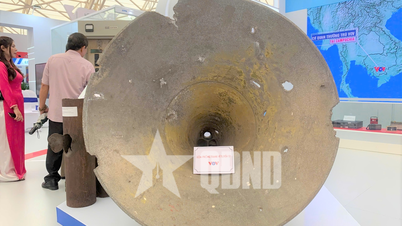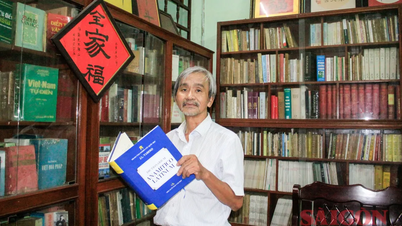1. Which country has the largest gold reserves in the world ?
- IDEA0%
- America0%
- China0%
- India0%
The United States holds the world's largest gold reserves, with nearly 8,133.5 tonnes. That's roughly the same amount as Germany, Italy, and France combined. Most of that gold is believed to be stored in vaults across the United States, such as the bullion depository, commonly known as Fort Knox.
2. In Europe, which country has the largest gold reserves?
- France0%
- Older brother0%
- Germany0%
- Switzerland0%
After the US, Germany ranks second in the world in terms of gold reserves, with 3,359.09 tons. As the economic leader of Europe, Germany always maintains a very large gold reserve, leading the continent.
3. In 2024, which country will produce the most gold in the world?
- Australia0%
- Russia0%
- China0%
- America0%
Although China ranks 6th in the list of countries with the largest gold reserves in the world, with 1,948.31 tons of gold, it is the largest gold producer, accounting for 12% of global mining output. While many countries store their gold reserves in underground vaults of the US Federal Reserve (FED), all of China's gold reserves are kept domestically.
4. How does Italy's gold reserve mechanism differ from other countries?
- Gold is privately owned, not state owned0%
- Gold is held in many different countries0%
- The Italian central bank operates on a non -governmental model.0%
- Both B and C are correct0%
Among countries in the world, Italy has a very unique gold reserve mechanism. According to British consumer credit broker LoveMoney, most countries have state-owned precious metal reserves managed by their central banks.
However, Italy's gold is owned by the Banca d'Italia (Bank of Italy) and is held in vaults in Rome as well as at the Swiss National Bank, the Federal Reserve Bank of New York and the Bank of England. The Banca d'Italia is the country's central bank but operates as a non-governmental entity, protected by European treaties, and is more than 60% owned by domestic banks and insurance companies.
5. Which industry accounts for the largest share of global gold demand?
- Technology0%
- Invest0%
- Jewelry0%
- Medical0%
In 2024, the jewelry industry will account for 40.27%, or 2,003.5 tons, of total global gold demand. The technology and investment industries will account for 6.6% and 23.7% of total gold demand, respectively.
Central banks and other financial institutions account for 21%, while over-the-counter (OTC) trading accounts for 8.4%.
6. Is gold damaged?
- Have0%
- Are not0%
Gold is a non-oxidizing metal. Gold is inert and does not react with air, water, acids or bases. Gold can be deformed by physical impact (bending, stretching) but does not decompose or rust over time. Some gold alloys can tarnish due to impurities (such as silver, copper), but pure gold always retains its shine. Because of this property, gold is considered a symbol of longevity and has been used as jewelry and currency since ancient times.
Source: https://vietnamnet.vn/quoc-gia-nao-co-nhieu-vang-nhat-the-gioi-2384814.html



![[Photo] President Luong Cuong receives Speaker of the New Zealand Parliament Gerry Brownlee](https://vphoto.vietnam.vn/thumb/1200x675/vietnam/resource/IMAGE/2025/8/29/7accfe1f5d85485da58b0a61d35dc10f)










![[Video] "Building a STEAM LAB classroom to meet the 2018 general education program"](https://vphoto.vietnam.vn/thumb/402x226/vietnam/resource/IMAGE/2025/8/29/6a94c4cc91f94ad9b58f5d500860d6fa)














![[Photo] Hanoi is ready to serve the occasion of the 80th National Day Celebration on September 2nd](https://vphoto.vietnam.vn/thumb/1200x675/vietnam/resource/IMAGE/2025/8/29/c838ac82931a4ab9ba58119b5e2c5ffe)





























































Comment (0)